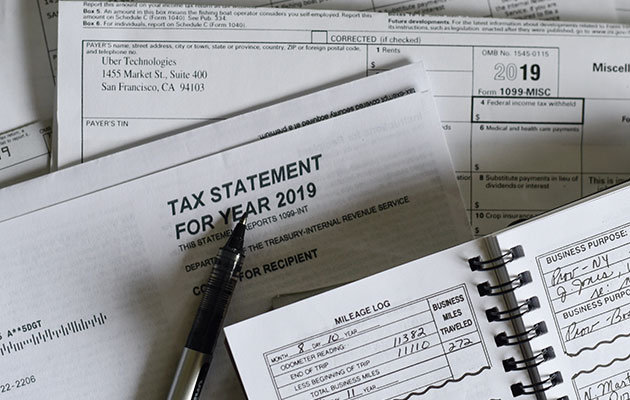Can The Employer Impose A Regulation Prohibiting Its Employees From Using Cannabis?
As widely reported, on 9 June 2022, the Thai Food and Drug Administration (Thai FDA) officially removed cannabis (also commonly known in other terms, such as ‘marijuana’) plants and the unprocessed parts thereof from Category 5 of the narcotics list, according to the Notification of the Ministry of Public Health. Thus, the possession and consumption of cannabis has been legal in Thailand since then. Nevertheless, the employer can still restrict its employees from using cannabis or being under the influence of cannabis at its business premises by virtue of the Letter of the Department of Labour Protection and Welfare (the “Letter”), which was announced shortly after the implementation of said Notification of the Ministry of Public Health, i.e. on 28 June 2022.
With respect to the Letter, it was announced for the purpose of requesting the employer’s cooperation to issue an order or set out a policy in order to raise awareness among its employees on the safe use of cannabis. To elaborate, officials of the Department of Labour Protection and Welfare encourage the employer to issue an order or set out a policy on the use of cannabis, as well as to supervise, take care of and examine the employees’ body condition before work, especially on those employees who work with machinery and vehicles; for the safety of the employees themselves and other related persons while performing their duties at the workplace. Even though the Letter itself is not a law and, strictly speaking, does not have any legal binding, nevertheless, its essence permits the employer to be able to issue regulations/policies to restrict its employees from using cannabis at its business premises during working hours or in a manner that could affect the employer’s business; should be possible because this can be seen as a similar manner as the prohibition of alcohol or the consumption of any addictive substances during regular working hours and/or on the employer’s premises, which has long been held valid and acceptable by the labour authority/court.
In light of the above, any actions of the employer (e.g. issuance of order, establishment of policy, amendment or revision of work rules and regulations, etc.) in connection with the Letter to prohibit the employees from using cannabis at the workplace or during working hours shall not be considered as a change of the agreement relating to working conditions of employment under the Labour Relation Act, B.E. 2518 (1975) (the “LRA”). On the other hand, said actions of the employer should be regarded as an exercise of management and executive power of the employer as the supervisor who has the sole discretion to restrict the usage of cannabis as it deems necessary (comparative to the Supreme Court’s decision no. 3696/2525). Therefore, the employer should not be required to obtain prior consent from its employees in implementing/establishing such policies/regulations.
Furthermore, the Department of Labour Protection and Welfare has published the sample template for the announcement/policy on control and prevention of negative impact from the use of cannabis at the workplace in the Thai language, as per the link provided below. The template was published for the employer to be used as a reference/guideline/example in drafting the relevant policy of the particular company, given that the employer may consider adjustment thereof as it deems appropriate.
This is intended merely to provide a regulatory overview and not to be comprehensive; it is NOT a provision of legal advice. Should you have any questions on this or on other areas of law, please do not hesitate to contact the following:
Chanakarn Boonyasith
Partner
Pattaranun Hanwongpaiboon
Associate








Chanakarn has particular in-depth expertise in the practical side of the legislative system of labour & employment law and personal data protection law. For the Labour & Employment practice, she engages in both advisory work and litigation, as well as drafting and reviewing legal documents, negotiating settlements, interviewing employees (particularly those accused of wrongdoing), managing whistleblowing hotlines and processes, providing trainings and various types of employment law advice, and representing clients in numerous court cases and in hearings before the labour authorities. For the Personal Data Protection practice, she assists her clients through the entire process, from providing training, analysing how clients handle personal data transactions, summarising clients’ data flow, providing legal advice, and drafting necessary legal documents for her clients. Chanakarn’s strategy is to provide detailed, accurate advice and flexible solutions, adapted to meet her clients’ needs. She excels in simplifying complex matters and equipping her clients to make the right decisions. She receives consistently strong feedback from her clients regarding the quality of her work. She has been ranked for labour and employment practice in Chambers Asia Pacific 2022 and 2023.